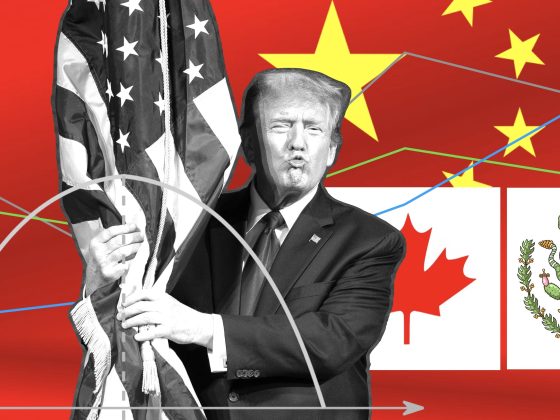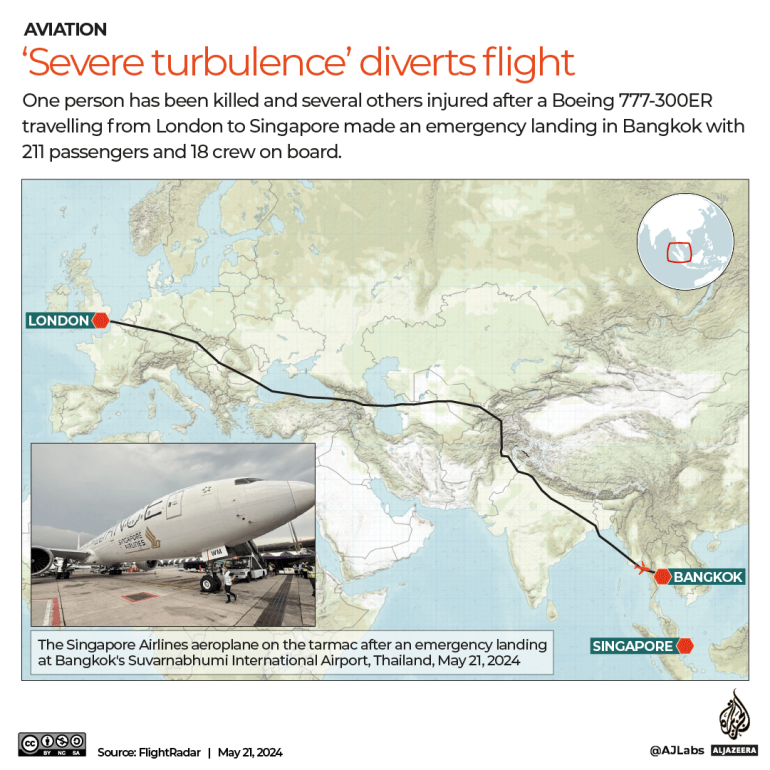These are the research findings of the 36th round of quarterly release for the DBS-SKBI Singapore Index of Inflation Expectations (SInDEx) Survey at the Sim Kee Boon Institute for Financial Economics (SKBI), Singapore Management University (SMU).
One-year-Ahead headline inflation expectations edged down to 3.0% in June 2020, from 3.1% in March 2020, slightly down compared to the second quarter average of 3.3% since the survey’s inception in 2012 till-2019.
The overall CPIEx Inflation Expectations, after adjusting for potential behavioral biases and re-combining across components, remained unchanged at 2.9% in June 2020 compared to March 2020.
In the June 2020 wave, we did an in-depth survey on potential impact of Covid-19 on inflation expectations of different components of CPI. Overall, food and healthcare cost inflation expectations have moderately significant positive impact possibly due to the expected disruption from the pandemic, while other components are not impacted. Analyzing the impact of Covid-19 on overall inflation expectations, there is a divergence of views — about half the respondents expect a positive impact while the other half expects a negative impact.
Excluding accommodation and private road transportation related costs, the One-year-Ahead Core CPIEx inflation expectations edged up slightly to 3.2% in June 2020 (3.1% in March). This can perhaps be attributed to the increased level of uncertainty particularly related to a cognitive dissonance in terms of the impact of the Covid-19 crisis on the dislocation of supply chains once the economy reopens.
As a robustness check on core inflation expectations, for a subgroup of the population who own their accommodation and use public transport, the One-year-Ahead CPIEx core inflation expectations pared to 2.8% in June 2020 from 2.9% in March 2020. Not being exposed to private road transportation or accommodation expenses; this subgroup’s expectations of core inflation closely resemble the Singapore Core Inflation Expectations. The divergence in views in the subgroup, compared to the overall Core CPIEx inflation expectations, is probably due to the heightened level of uncertainty prevalent in the economy with an overall modest downward trend in inflation expectations.
The One-year-Ahead composite index SInDEx1, that puts less weight on more volatile components like accommodation, private transport, food and energy, polled at 3.1% in June 2020, down from 3% in the March 2020 SInDEx survey, and below the second quarter average of 3.4% since the survey’s inception in 2012 till 2019.
In June 2020, around 79% of the survey respondents believe Covid-19’s impact on inflation would be significant, and 78.6% believe that it will have a significant impact on the economy.
In addition, around 13.1% of Singaporeans polled expect there will be a more than 10% reduction in salary in the next 12 months, while the median salary increment expectation is between -1% and 1%. In addition, the salary increment and their belief in the length or duration of Covid-19’s impact seems unrelated.
SMU Assistant Professor of Finance and founding Principal Investigator of the DBS-SKBI SInDEx Project, Aurobindo Ghosh observed, “With global infection rate at more than 13 million and more than 0.5 million deaths, and reopening plans being rolled back in different developed and large emerging markets, it’s hardly surprising that Singaporeans are treading cautiously about future prospects of price changes. This can explain the divergence in views on the impact of Covid-19 on the Singapore Core inflation expectations with temporary price increase expected in components like food and healthcare, the former possibly being impacted by supply chain dislocations and the latter due to longer term impact of Covid-19. Over half of respondents expect Covid-19 to contribute positively to inflation in healthcare and food, while more respondents expect Covid-19 to dampen inflation in other CPI components. According to some ongoing global studies by Alberto Cavalho (2020) and the UK Office of National Statistics (ONS), perceived inflation rate might deviate from the official headline inflation owing partly to significant changes in consumption patterns induced by the pandemic. In general, consistent with other academic studies on survey based instruments, Singaporeans’ inflation expectations seem to be capturing the direction of movement better than the level of inflation.“
DBS Chief Economist and Managing Director of Group Research, Dr. Taimur Baig commented, “Singaporeans are facing difficult and uncertain economic circumstances, which would likely weigh on their expectation of employment and wages in the near term. However, sentiments may have stabilized to some extent lately owing to multiple support packages from the government. The findings of the latest round of the DBS-SKBI survey are consistent with the narrative of well anchored expectations undergoing a downward drift.”
SMU Professor and SKBI Director Dave Fernandez noted that “The negative shock of COVID-19 to Singaporeans was abundantly evident in this survey, with some expecting double-digit salary reductions and nearly 80% seeing the hit to the economy and inflation as ‘significant’ and ‘longer term.’ Hopefully, the easing of restrictions presages a potential bottoming of this downshift in expectations, as has started to become evident in household surveys outside of Singapore, such as in Australia.”
According to SKBI Principal Researcher Thomas Lam, “An ongoing challenge amid the pandemic is determining the perceived tradeoffs between safeguarding the population and protecting livelihoods given incomplete information. The details from the latest survey suggest that roughly four out of seven view safeguarding the population, especially vulnerable groups, as viable only in the short- to medium-term (not beyond one year). But the proportion in favor of preserving jobs and the economy is actually more than twice as large as those who value unconditional public health measures.”
For the longer horizon, the Five-year-Ahead CPIEx inflation expectations in the June 2020 survey declined to 3.6% compared to 4.1% in March 2020. The current polled number is significantly lower than the second quarter average of 4.1% since the survey’s inception in 2012 till 2019).
The Five-year-Ahead CPIEx core inflation expectations (excluding accommodation and private road transportation related costs) remained unchanged at 3.7% in June 2020 compared to March 2020. Overall, the composite Five-year-Ahead SInDEx5 dropped to 3.6% in June 2020 from 3.9% in March 2020. In comparison, the second quarter average value of the composite Five-year-Ahead SInDEx5 was 4.1% since the survey’s inception in 2012 till 2019.
“Longer term impact on inflation expectations is less predictable; however, there seem to be a trend of a larger downward impact of inflation expectations in the long term given that economies around the world are going into a Covid-19 induced downturn. We polled Singaporeans on their views of the scenarios at which they think economies should reopen with due mitigation measures like wearing face masks, social distancing and personal hygiene. We found that around 80% of respondents believe that policymakers should prioritize life over livelihood in the short run, particularly of the vulnerable population, even at the cost of short-term economic pain before reopening the economy. This is higher than the Edelman Trust Barometer Spring update in April 2020, where about 67% of respondents globally prioritized saving lives at the cost of economic damage,” Professor Ghosh observed.









